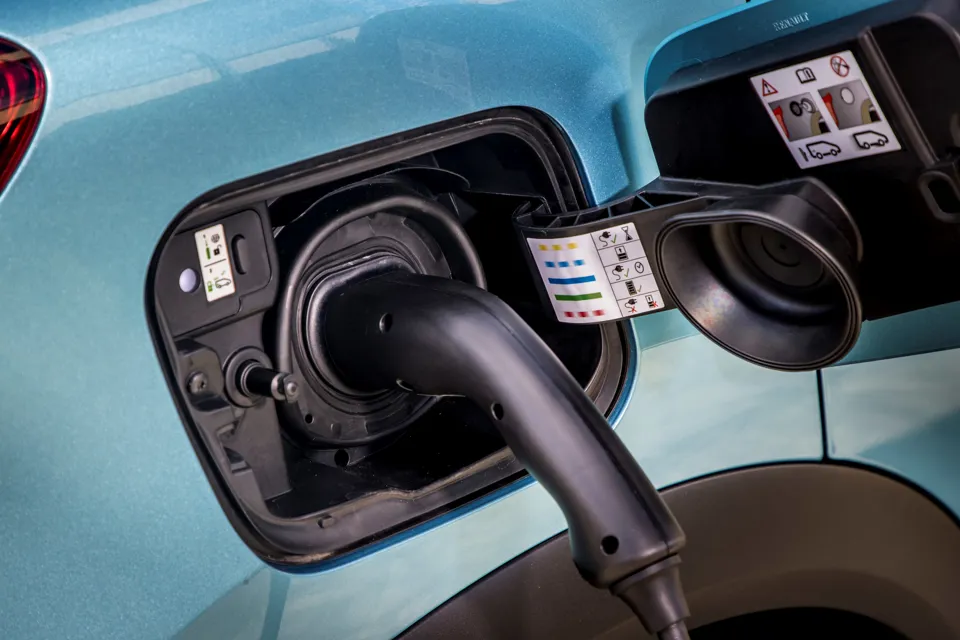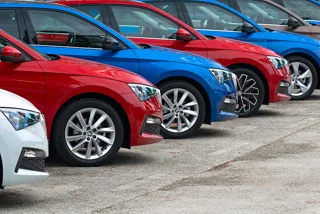Lowering a business’ environmental impact and cost advantages top a list of reasons why UK fleets are electrifying their company cars, research from Arval Mobility Observatory Barometer suggests.
Reduced fuel expenses (66% of those questioned – up from 54% in 2021) was the primary drivers, while tax incentives (58% - up from 40% last year) came second.
A lower environmental impact was third with 54%, total cost of ownership being lower than petrol or diesel vehicles at 41%, while improving the company image was cited by 37% of respondents.
Being able to drive in low emissions zones, meanwhile, was highlighted by 33% of fleet decision-makers, with new restrictions being employed by cities across the country.
Shaun Sadlier, head of Arval Mobility Observatory in the UK, said: “As net zero and other corporate environmental targets become increasingly common across organisations of all types and sizes, it is unsurprising to see reduced environmental impact as one of the leading reasons that fleets are electrifying.
“All kinds of non-ICE cars – hybrid, PHEV and pure EV – offer major gains in this area. However, it’s a sign of the times that cost advantages now account for the top two reasons mentioned by the decision makers surveyed.”
Sadlier says it clearly shows that as operational experience of electrified vehicles grows, fleets are increasingly knowledgeable about the real world potential and financial benefits of their adoption.
“In fact, more than four out of 10 fleets now show an awareness that electrified choices offer a total cost of ownership in line or lower than petrol or diesel alternatives, a key point that is only likely to become more pertinent as oil prices continue to increase,” he said.
“Another factor that has seen considerable growth is that employees are increasingly pushing for electrified vehicle adoption, up to 42% in this edition of the research compared to 29% last year.
“Staff enthusiasm for electrification is a key enabler of rapid change in many organisations.”
The research also asked UK businesses which electrified form of power they had already adopted for their fleet and which they planned to adopt within the next three years.
Currently, the most popular are hybrids (54% already adopted/68% adopted and planned), plug-in hybrid (44% against 63%) and battery electric vehicles (36% against 57%).
Sadlier added: “These percentages represent nearly double the rate of adoption compared to the 19 other European countries that we survey, and it applies to all electrified cars and all rates of adoption.
“The UK is very much amongst the leaders on an international basis when it comes to car fleet electrification.”
> Interested in comparing electric vehicle data? Check out our EV tool.
> Interested in ensuring the efficient use of EVs. Check out our dedicated editorial sections: Insight & policy | EV news | Charging & infrastructure | Costs & incentives | Benefit-in-kind | EV case studies | EV road tests
























Login to comment
Comments
No comments have been made yet.